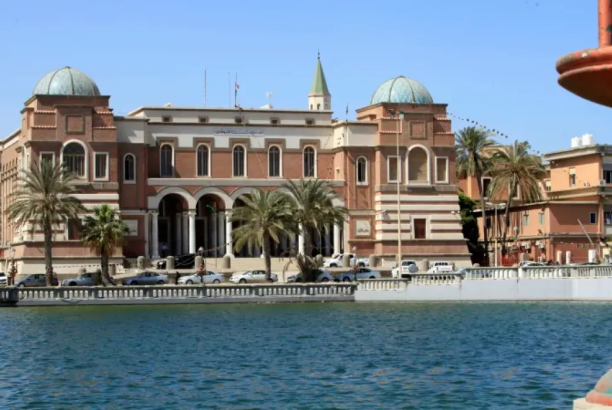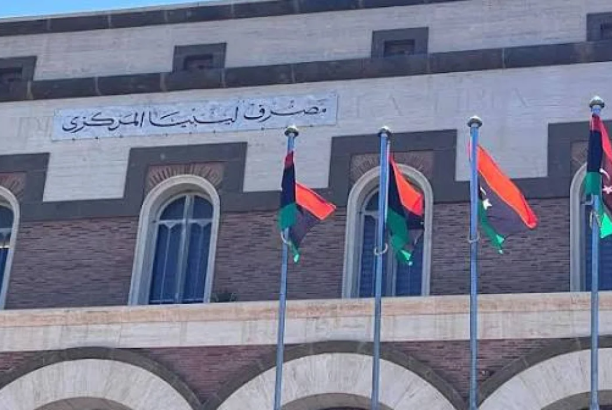A report by The Wall Street Journal, citing officials say they have asked several countries in Africa, Latin America, and Eastern Europe
The Trump administration is pursuing agreements with several more countries to take migrants deported from the U.S., according to officials familiar with the matter. Immigration officials are seeking more destinations where they can send immigrants the U.S. wants to deport, but whose countries are slow to take them back or refuse to. Their desired model builds on a one-time deal the administration struck with Panama in February, under which they sent a planeload of over 100 migrants, mostly from the Middle East, to the Central American nation. Panama then detained the migrants and worked to send them to their home countries. The officials are in conversations with countries in Africa, Asia, and Eastern Europe, but aren’t necessarily looking to sign formal agreements, the people said. What happens next to the deported migrants would depend on the specific host nation. The U.S. is agnostic, for example, whether the person would be permitted to ask for asylum or be deported to their own country, the people said. Among the countries the U.S. has asked to take the deportees are Libya, Rwanda, Benin, Eswatini, Moldova, Mongolia and Kosovo. The U.S. is hoping these nations will agree to the administration’s requests, perhaps in exchange for financial arrangements or the political benefit of helping President Trump accomplish one of his top domestic priorities. The administration is looking to certain Latin American countries to sign longer-term agreements designating them as safe places for migrants to ask for asylum instead of the U.S. Officials are close to finalizing such a deal with Honduras and are in negotiations with Costa Rica, according to a person familiar with the matter. None of the embassies for these countries immediately returned requests for comment. Stephen Miller addressing the media. Stephen Miller, White House deputy chief of staff, is spearheading the effort to find more countries willing to accept migrants the U.S. wants to deport.
In a statement, a State Department spokesperson didn’t address private diplomatic conversations but said “enforcing our nation’s immigration laws is critically important to the national security and public safety of the United States including ensuring the successful enforcement of final orders of removal.” State is working closely with the Department of Homeland Security “to enforce the Trump Administration’s immigration policies.” The White House and Department of Homeland Security didn’t respond to requests for comment. The negotiations are occurring as Trump, who campaigned on launching “the largest deportation operation in the history of our country,” has been frustrated with the speed of removal flights from the U.S. His efforts have faced legal challenges, and some countries including Venezuela have resisted or slow-walked accepting deportation flights. Stephen Miller, an immigration hawk and the White House deputy chief of staff for policy, is spearheading the effort to find more countries willing to accept citizens from neither the U.S. nor the place to which they are deported. The White House’s Homeland Security Council he leads has asked State Department officials, among others, to continue negotiations so the U.S. has more places to send migrants who entered America illegally. U.S. officials said that there is pressure from senior leadership to deport more migrants in America illegally. Many of the nations under consideration for deportation agreements are countries where the U.S. government has raised serious concerns about human rights abuses, including the mistreatment of detainees and migrants, such as Libya and Rwanda. “Most of the countries that are willing to go along with this are probably going to be problematic countries,” said Ricardo Zuniga, a former senior State Department and National Security Council official focused on the Western Hemisphere under President Barack Obama. “But even they are asking ‘What’s in it for us? Who’s going to pay for it? How am I going to explain the political burden of accepting people on behalf of the United States?’”
In mid-March, Trump used wartime powers to deport over 130 alleged Venezuelan gang members from the U.S. to El Salvador. The seldom-used 18th-century Alien Enemies Act allows the president to deport foreign nationals who are deemed hostile during a time of war. A federal judge temporarily blocked its use, and later questioned whether the administration flouted his ruling, an accusation the White House denied. The alleged criminals deported under the law are among the U.S. deportees who have been locked up in a maximum-security prison in El Salvador, called the Terrorism Confinement Center and known as Cecot. During the final year of his first presidency, Trump briefly sought to strike agreements with several Central American countries to take deportees from other nations. The U.S. deported around 1,000 migrants from Honduras and El Salvador to seek asylum in Guatemala toward the start of 2020, but the Covid-19 pandemic quickly undercut that arrangement. Since then, former officials from Trump’s first term working at conservative think tanks began to develop lists of potential countries for such agreements. Some of Trump’s aides were inspired by the 2022 deal the U.K. struck with Rwanda, paying the east African country $155 million to accept migrants, primarily from the Middle East, who had reached Britain seeking asylum. The plan faced intense legal and political scrutiny. Only four people were relocated, and it was scrapped last year.






